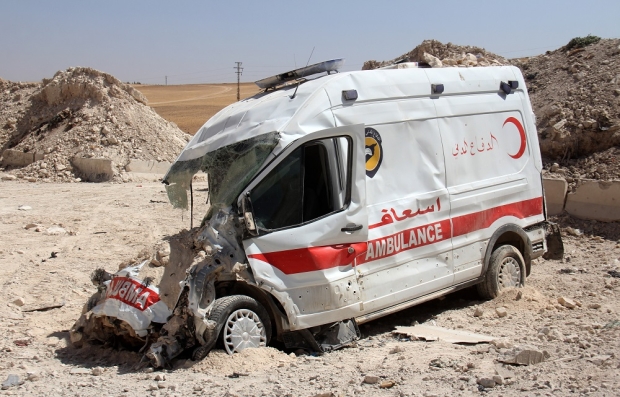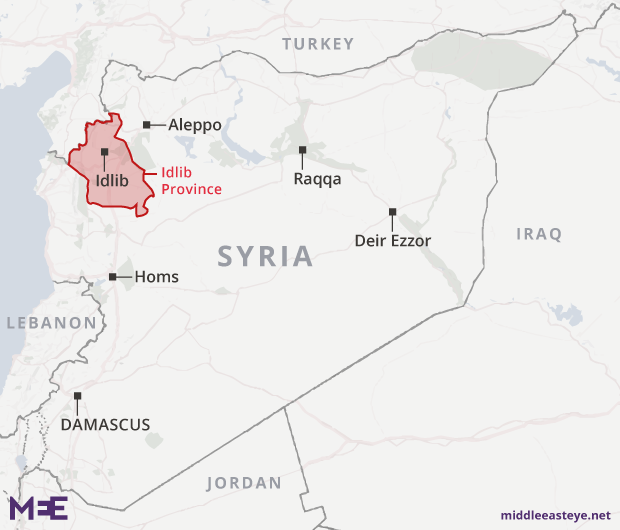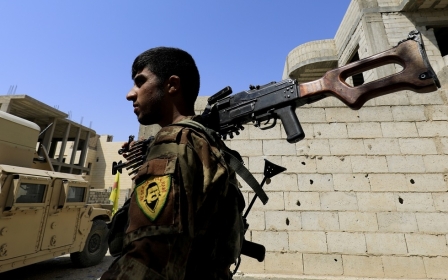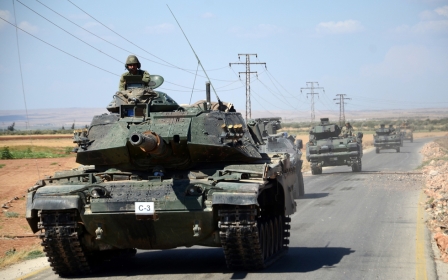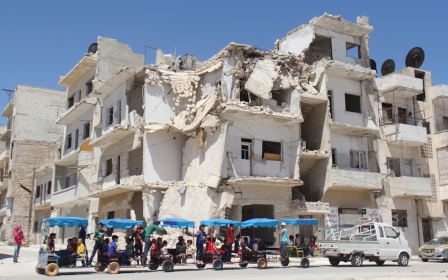Russia denies targeting Syrian civilians in Idlib air attacks
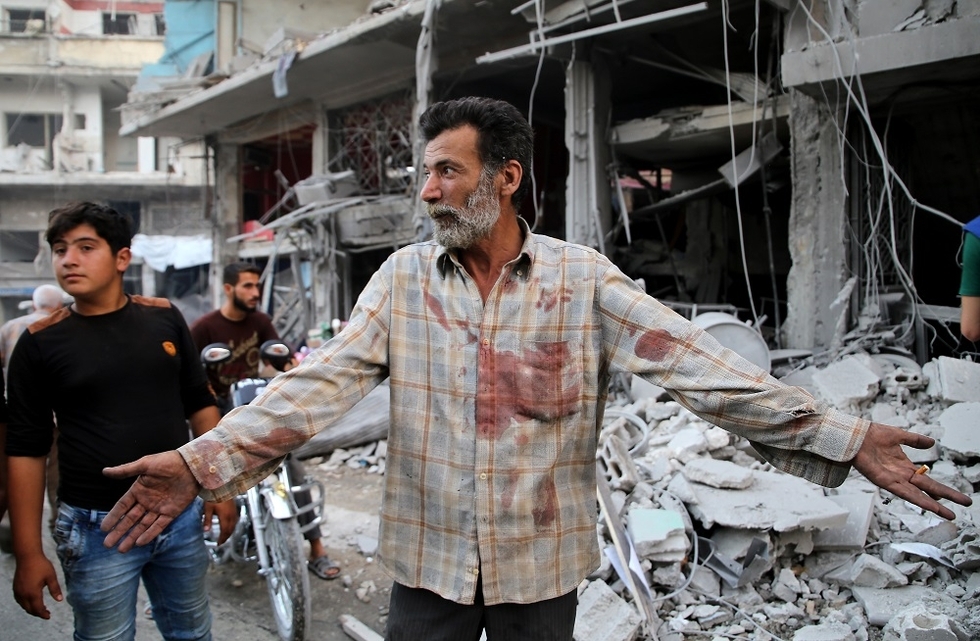
Russia on Tuesday denied allegations that its air strikes had killed civilians in Syria's Idlib province, saying that in recent days it had only bombed militants in the area.
Moscow said it was responding to assertions from the Britain-based Syrian Observatory for Human Rights, which on Monday said six civilians had been killed in the province, including a woman and a child.
Mevlut Cavusoglu, the Turkish foreign minister, criticised Moscow on Monday for the same reason, saying that recent Russian bombing in Idlib had killed civilians and moderate rebels and that this would be discussed with Russian President Vladimir Putin when he visited Turkey this week.
Putin is expected to meet his Turkish counterpart Recep Tayyip Erdogan in Ankara on Thursday for talks on Syria.
Igor Konashenkov, a Russian major general and defence ministry spokesman, said Russian and Syrian air forces did not bomb residential areas and accused the observatory of making up allegations and of sympathising with hardline militants.
"In the last few days, after drone reconnaissance and confirmation via other channels, Russian planes struck 10 terrorist targets in Idlib Province," Konashenkov said.
"These were militant bases, ammunition stores, armoured vehicles, rocket systems, and workshops fitting out 'jihad jeeps' which were located a long way from residential areas," he said.
Konashenkov said Russia had data to confirm the accuracy of its attacks and the ministry on Tuesday published video of the strikes on Idlib to back its assertions that it had only bombed militant targets.
The targets struck had taken part in a militant offensive on 18 September which had surrounded 29 Russian military policemen who then had to be broken out in an operation backed by air power, he added.
New MEE newsletter: Jerusalem Dispatch
Sign up to get the latest insights and analysis on Israel-Palestine, alongside Turkey Unpacked and other MEE newsletters
Middle East Eye delivers independent and unrivalled coverage and analysis of the Middle East, North Africa and beyond. To learn more about republishing this content and the associated fees, please fill out this form. More about MEE can be found here.


